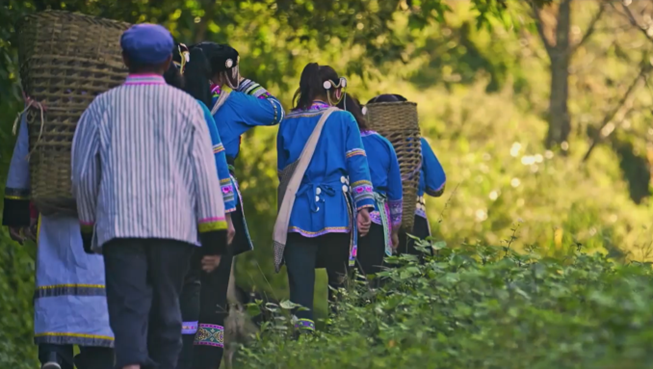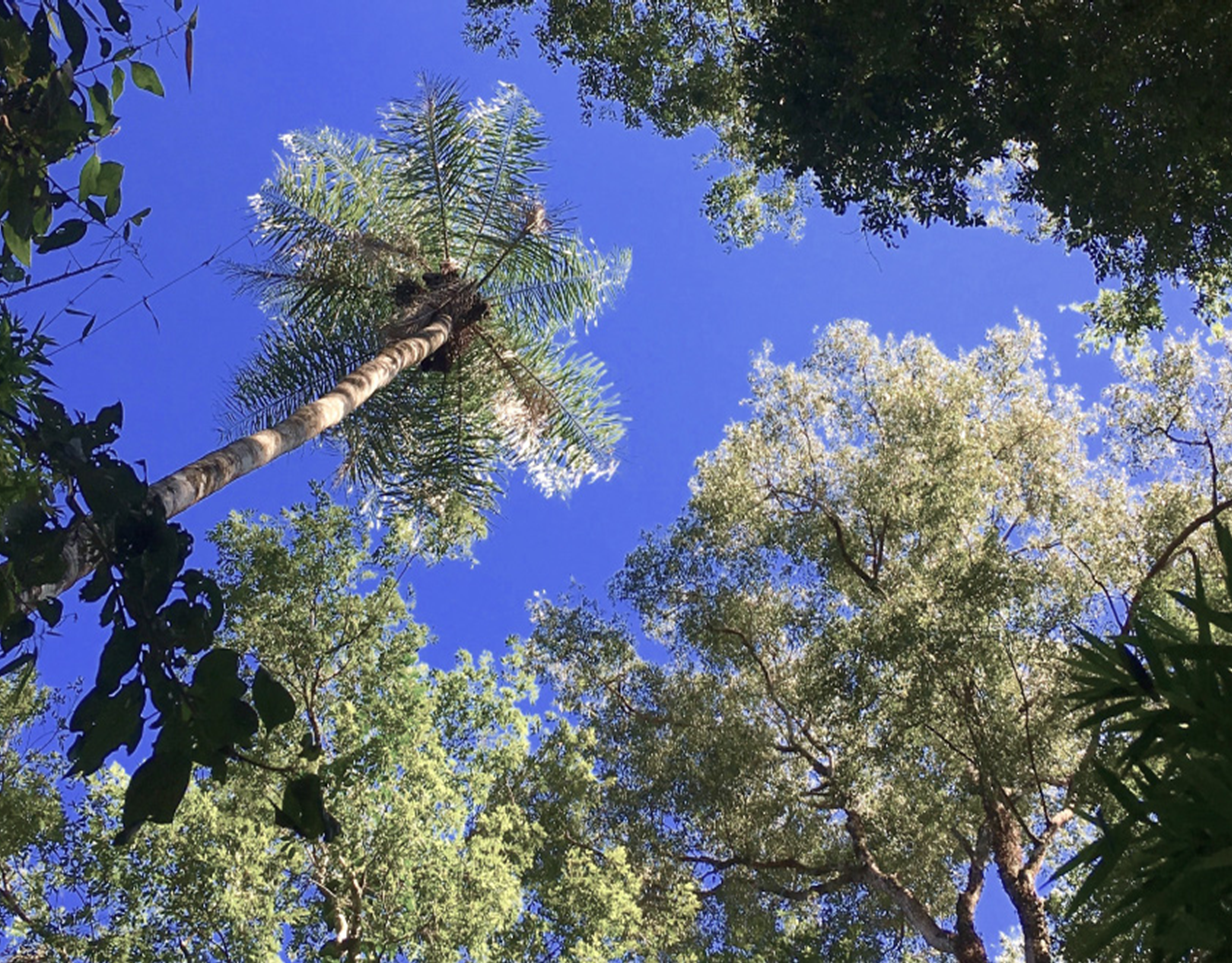Biodiversity
Biodiversity loss is among the top global risks. It is viewed as one of the fastest deteriorating risks over the next decade. Global wildlife populations are declining at pace, and without intervention, this is projected to continue.
To address the ongoing loss of terrestrial and marine biodiversity, 188 governments have agreed a new set of international goals for biodiversity. A key goal, ‘30 by 30’, aims to achieve the effective conservation and management of at least 30% of the world’s lands, inland waters, coastal areas, and oceans by 2030.
The ecosystem services that biodiversity provides, including crop pollination, water purification, carbon sequestration, and flood protection, are estimated to be worth up to USD140 trillion per year. Companies will be expected to monitor, assess, and disclose the impact on biodiversity of their operations, supply chains, and portfolios.
Biodiversity is an important consideration for the Group. Aspects of ecosystem protection are covered by our Group priorities – nature-based solutions to sequester carbon (see Climate), watershed protection and replenishment (see Water), sustainable procurement (see Supply chain), and support for marine conservation (see Communities). Where biodiversity is a material issue, our businesses have developed approaches relevant for what they do and where they are.
Our commitments are in the Group’s Biodiversity Policy. We expect our businesses to identify biodiversity issues relevant to their facilities, operations, and value chains, and to minimise adverse impacts.
We are developing an impact and dependency tool for use with our operating companies to capture our ecological relationships and inform decision making. As a first step in populating the tool, we conducted a high-level industry risk assessment using third-party software. Going forward, we will be conducting a site-level assessment using the Integrated Biodiversity Assessment Tool (IBAT) and incorporating biodiversity into our scenario analysis.
The executive management of each company in which Swire Pacific has a controlling interest will pay due regard to sustainability considerations in food items that are produced, prepared, and purchased by the company, and consumed at company functions, or served by catering services provided or managed by the company.
Our Sustainable Food Policy guides how the Group sources, produces, sells, offers, and consumes food products to support the sustainable use of natural resources, to avoid contributing to climate change, and to protect biodiversity. Under the policy, unsustainable food items (such as shark fin, bluefin tuna, and black moss) should not be served at our own events, in our canteens, or to customers. The policy is in line with the WWF Seafood Guide and the Convention on the International Trade in Endangered Species of Wildlife Fauna and Flora (CITES). The policy encourages procurement of sustainable food items certified by reputable bodies (the Marine Stewardship Council and the Aquaculture Stewardship Council) and of seafood recommended by WWF Seafood Guide.
To support our businesses as they pursue net zero emissions, we are developing carbon offset guidelines that prioritise the purchase of verified high-quality carbon offsets that offer co-benefits such as protecting or enhancing biodiversity in addition to neutralising emissions.
Swire Properties has conducted assessments at all its existing properties and projects under development to determine the status of biodiversity, and its importance to the places that it develops, and to the surrounding natural environment. None of its existing properties contain, or are located adjacent to, areas of globally or nationally important biodiversity. It has guidelines to integrate biodiversity considerations into new developments and targets a minimum 20% site coverage of greenery.
It enacted several transformational strategies to reach its 2030 SBTs, including adopting nature-based solutions that capture carbon emissions, benefit local communities and improve biodiversity.
An urban biodiversity study was carried out in partnership with a professor at the University of Hong Kong for its Taikoo Place redevelopment project. Results have emphasised the importance of protecting local species and green corridors that support the movement of birds and butterflies between parks. These suggestions will be integrated into future planning and operations across Swire Properties’ Hong Kong portfolio. They will also inform the uses of the Biodiversity Guidelines to define the importance of, and the company’s approach to, protecting biodiversity across its developments.
In 2022, Swire Properties’ Deputy Head of Sustainable Development joined the Taskforce on Nature-related Financial Disclosures (TNFD) as a member, providing inputs to the Taskforce to develop the framework. It also partnered with the World Business Council for Sustainable Development (WBCSD) to pilot the TNFD beta framework.
Swire Coca-Cola returns a litre of clean water to natural water systems for every litre of water used in its beverages. It collaborates with The Coca-Cola Company on community and watershed protection projects to replenish water in the Chinese Mainland and the US. It has been investing in optimising the water use efficiency of its facilities, all of which meet the water quality requirements of TCCC and the World Health Organisation.
 The Carbon Reduction Alliance Programme has benefits for local communities and nature.
The Carbon Reduction Alliance Programme has benefits for local communities and nature.
Swire Coca-Cola – Collective action on biodiversity and climate action in the Wild Elephant Valley, China
Swire Coca-Cola’s Carbon Reduction Alliance Programme in the Wild Elephant Valley of Yunnan Province involves collaborating with value chain partners to reduce carbon emissions and create an eco-friendly community where biodiversity can be sustained. It is hoped the project will become a development role model for low-carbon communities.
The project aims to reduce human-elephant encounters and incorporate sustainability into the local agricultural industry through reforestation and the introduction of beekeeping. Over 230 acres of agricultural land has been cultivated with eco-friendly planting and 300 bee colonies have been established.

Paraguay Forest Conservation Project
The Chaco-Pantanal and San Rafael regions in Paraguay are rich in biodiversity and offer critical livelihoods to local communities. These biodiverse landscapes and their resources are threatened by climate change and activities such as intensive agriculture.
In 2022, Swire Pacific took ownership of a REDD+ project previously established by Swire Pacific Offshore. The Paraguay Forest Conservation Project protects the forests in a 4,750-hectare parcel of land in the Chaco-Pantanal region from the high risk of being cleared for cattle ranching, and provides financial incentive to individual landowners in San Rafael to leave their land as untouched high conservation value forest. As a result, areas identified as refuges for endangered or vulnerable species will be safeguarded.
The project aligns with our objectives to prioritise nature-based environmental solutions. It generates third party verified carbon offset credits that are dual accredited under the Climate, Community, and Biodiversity Standard (CCB). Read more in the Climate section.
